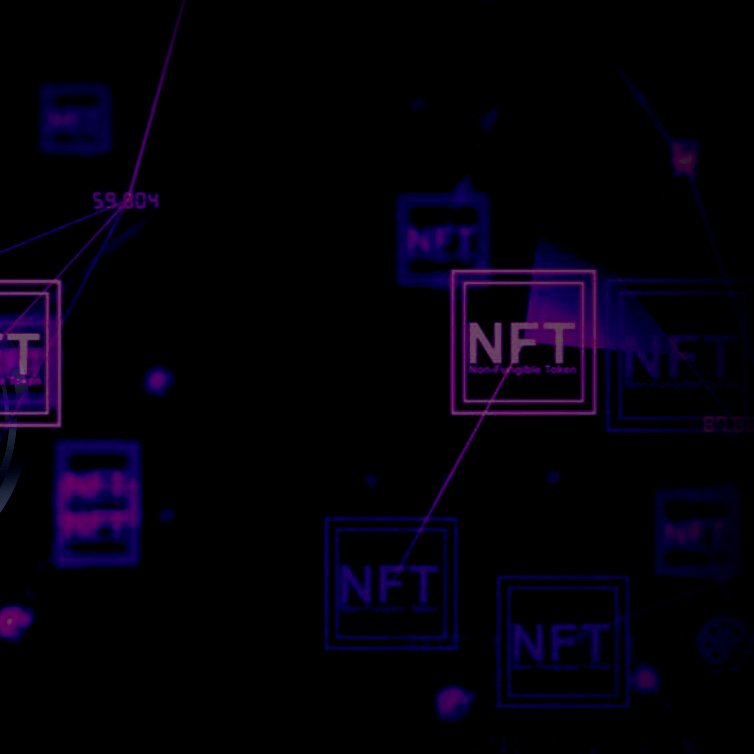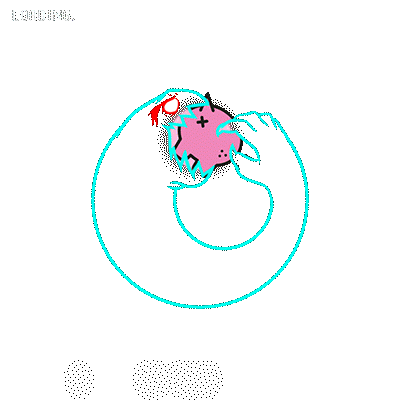In the context of promoting economic resilience and sustainability, the idea of a local currency system is gaining traction among communities. As part of our pre-UBI (Universal Basic Income) framework, we propose ‘Yums,’ a digital currency based on the sale of non-fungible tokens (NFTs). This initiative aims to involve local artists and curators while leveraging the NFT market to promote economic vitality and community-driven prosperity.
Creation and Utilization of Local Currency
Our local currency system is entirely digital, allowing for secure and efficient transactions within the community. The process begins with the sale of NFTs, which are digital assets with appraiser-determined initial prices. The value of these NFT sales is converted into Yums, which are distributed and used throughout the community. Yums are valued at 1:1 to the US dollar. When Yum-generating NFTs are resold, the smart contract’s royalties are injected into the value of the circulating local currency. For example, if an NFT representing exclusive rights to an album sells for $250,000, 250,000 Yums are generated and distributed for community use. If the same NFT resells for $275,000, the attached royalties (say, 1%) specified in the smart contract will increase the value of the circulating Yums. This means that, rather than increasing the number of Yums, the exchange value of each Yum would increase slightly, to about 1:1.011 with the USD.
Context for Artists and Curators
Local artists contribute their work, which can be converted directly into NFTs or created collaboratively with other artists or art firms for digital representation. These NFTs are then sold, and the proceeds go towards the creation of Yums, our local digital currency. Curators play an important role in managing and promoting these NFTs, ensuring that the art reaches a larger audience and contributes to a thriving local arts scene. This system not only provides financial support to artists, but it also encourages community involvement and cultural enhancement. Smart contracts specify how royalties are divided between the artist and the community, ensuring the local economy’s sustainability and growth. Importantly, this process helps artists integrate into the community by providing initial support until they gain the trust and support of local leaders, with the goal of transitioning to direct contributions to the community that nurtures them.
🌟 Support the artists we showcase and discover new music 🌟
Circulatory System
In our model, understanding how funds move through the supply chain is crucial. We promote wealth circulation, ensuring that Yums flow from origination to community, to restitution, and back to origination, while resources move inversely. This closed-loop system ensures that financial resources are consistently recirculated within the community, fostering economic resilience and supporting local initiatives.
- Origination: The process begins at the credit union, where Yums are created. These funds flow to mutual aid organizations as part of the pre-UBI model.
- Community: Mutual aid organizations use Yums to purchase essential goods such as food, shelter, clothing, transportation, and hygiene products from the cooperative market. A food cooperative serves as an example of this market, which sources its goods from coalition members’ farmers.
- Restitution: Farmers, who are part of the cooperative organization, maintain their operations through support from the community land trust (CLT). The CLT stewards land and property, leasing it to cooperatives like farmers, manufacturers, and artisans.
- Cycle Completion: The CLT receives funds from the cooperatives and decides whether to return these funds to the credit union (back to origination) or to buy land, property, and other materials that benefit the community at the manufacturing and production levels.
This circular model not only promotes economic sustainability but also empowers local businesses and individuals to thrive together.
UBI vs. Pre-UBI
Universal Basic Income (UBI) is a system where every individual receives a regular, unconditional sum of money from the government. Our current initiative is in the pre-UBI phase, which precedes the implementation of UBI and focuses on laying the groundwork for economic stability and sustainability.
In this pre-UBI phase, we are establishing a circulatory model using our local currency, Yums, designed to create self-sustainable income generated within the community itself. This model aims to efficiently allocate funds that directly benefit the community and promote economic growth. Yums will flow through three key stages—origination, community, and restitution—ensuring that financial resources circulate within the community to provide essential resources such as food, transportation, housing, clothing, and more.
By prioritizing the development of robust local economic structures, fostering mutual aid, and supporting cooperative enterprises, we aim to build a strong foundation that empowers every individual with the resources and support needed to thrive in the long term. This proactive approach prepares our community for future UBI implementation while advancing economic resilience and sustainability.
Challenges of Dealing with Local Currency
Implementing a local currency system comes with several significant challenges. Securing buy-in from local merchants and ensuring acceptance within supply chains is crucial, as without sufficient participation from businesses, the currency cannot circulate effectively within the community. Additionally, educating the community about the benefits and proper usage of Yums is a major hurdle, requiring extensive outreach, training, and ongoing support to foster understanding and trust in the system. Another critical challenge is building and maintaining a coalition of support, as the success of the local currency relies heavily on strong and sustained collaborative relationships within the community. These challenges underscore the need for dedicated efforts and strategic planning to ensure the successful implementation and sustainability of a local currency system.
Solutions
In the face of growing anticapitalistic movements, funds often attracted to community causes can quickly flow back into capitalism, exacerbating issues like housing crises, incarceration, and inadequate food availability. Capitalism’s extractive nature and hierarchical structures further perpetuate these challenges, funneling wealth away from communities during crises. Local currencies like Yums aim to counteract this by sustaining wealth within the community and exposing inefficiencies in supply chains that otherwise leak funds back into the capitalist system.
Pre-UBI plays a pivotal role by providing income to community-oriented organizations within our coalition, strategically enhancing their purchasing power. This approach not only consolidates buying needs to reduce logistical footprints and waste but also supports enterprises aligned with community values. Moreover, community buying power acts as a deterrent, holding supply chains accountable to community standards; shifting support to compliant establishments can significantly impact non-compliant businesses. Alongside this economic leverage, robust accountability processes and restorative justice principles ensure responsible stewardship of resources.

Final Thoughts
In essence, our journey with Pre-UBI and Yums is a proactive step toward breaking the cycle of economic inequality. We envision a future in which economic stability and resilience are accessible to all by providing local communities with the means to sustain themselves and encouraging accountability and mutual support. This initiative challenges capitalism’s extractive nature while also paving the way for inclusive growth and limitless possibilities. Together, we can create a community in which everyone thrives, backed by a strong and sustainable economic framework that truly serves the people.











